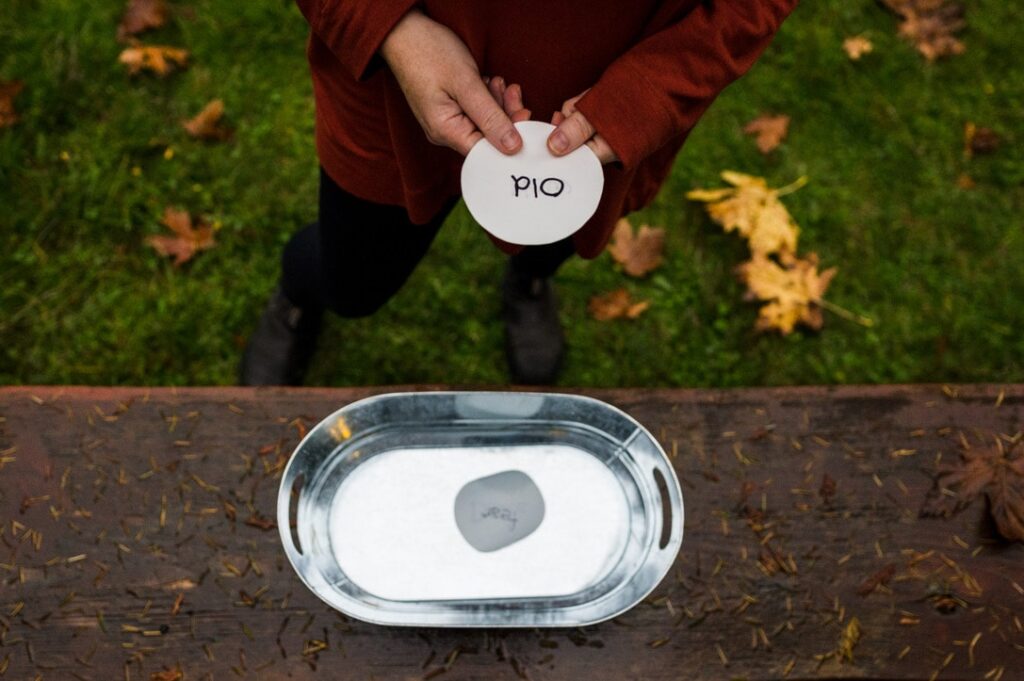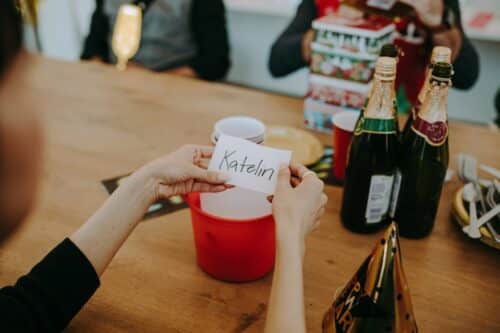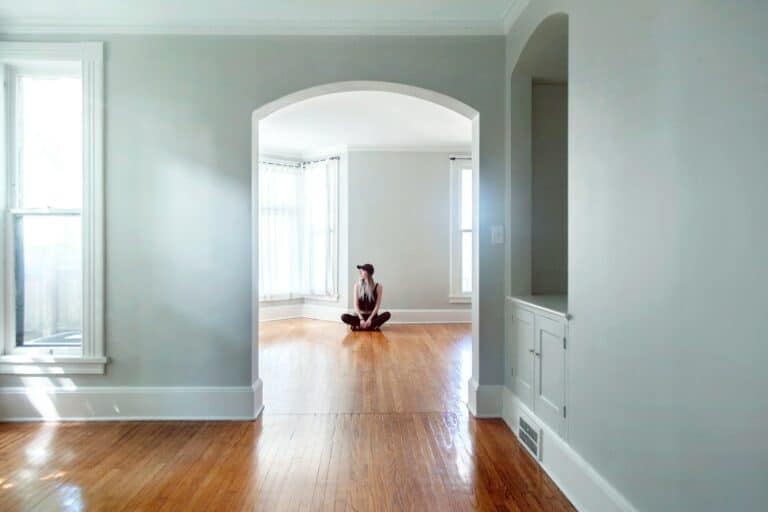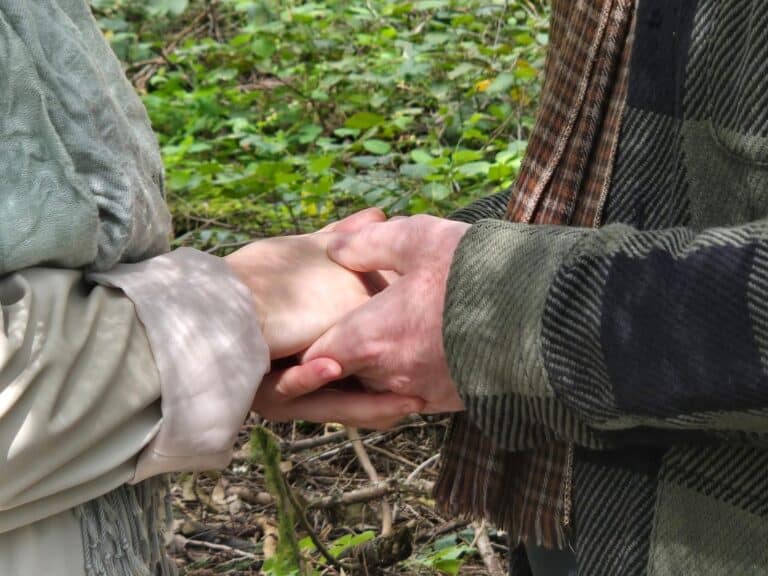Marriage often begins with beautiful vows spoken in front of family and friends, celebrating the start of something new. It’s an experience full of ritual, ceremony and community. Yet when a couple decides to part ways, this equally important separation is often void of ceremony, finalized with a stroke of a pen.
Yet, it doesn’t have to be.
A divorce ceremony is a way for individuals (and/or their partners, families and community) to process and grieve the end of a marriage or long-term relationship, while also setting intentions for the next chapter. A divorce ceremony can be done right after a marriage dissolves, years later, or in connection with a special date or anniversary (such as Valentine’s Day, which places so much emphasis on love and leaves many people feeling lost and uncertain how to acknowledge the day).
In this guide, you’ll find a few ritual ideas that can help you let go of what was, find contentment with what is, and plant seeds for what you hope will be. Each ritual can be adapted to your unique situation, giving you the tools you need to mark the end of this chapter with intention and awareness. There are lots more rituals in our DIY Ceremony platform, letting you choose your own ritual adventure and acknowledge the end of a relationship in a way that feels right to you.
Grief after divorce
When most people think about grief, “they go immediately to bereavement loss,” said Litsa Williams, a licensed clinical social worker and co-founder of the online support community What’s Your Grief.
Divorce brings a particular kind of loss called an ambiguous loss, caused by a lack of closure. Your “lost” loved one is still physically present, but the relationship is gone and they are no longer in your life the way they used to be when you were married.
While there are many established support systems for helping someone through a death, as a society we don’t seem to recognize relationship losses as legitimate grief. This can amplify feelings of guilt, shame and isolation, or even make you feel as though your grief is not justified.
Know that divorce is complicated, and even in the most amicable situations, there are losses to grieve. Honouring the ending can be an important part of your own self care, giving you time to process and move forward with closure as well as an opportunity to set up a support system.
Creating your own divorce ceremony
We believe that a divorce ceremony — whether held privately or publicly, solo or as a community — should echo the wedding or marriage as a way to bring people connected to the relationship together to process, share, and find closure.
When a relationship ends, it’s important to take stock of what you want to let go of and what you want to carry forward. These rituals can help you process and honour the entire trajectory of a relationship, while also setting intentions for where you want to go next.

End letters
Love letters are powerful because they speak from the heart. The same rings true for divorce letters, giving each person the opportunity to say some of the things they couldn’t in person.

Water Release
Write down what you want to let go on special dissolving paper or tissue paper and place it into a bowl of water as a symbol of release and forgiveness.

Crossing the threshold
Create a symbolic threshold that you can each step over to mark this time of change or experience.

Naming Ceremony
If you feel that your married name is no longer a true reflection of yourself, a naming ceremony can allow you the opportunity to formally declare your new chosen name.
Divorce coaches and celebrants on the rise
You may have heard of a life coach, but what about a divorce coach?
According to the Holmes and Rahe Stress Scale, divorce comes in second as the most stressful life experience a person can go through, following the death of a spouse. As you navigate this complex transition in your life, the guidance of a professional may lighten your load:
- A divorce coach helps you handle the emotional, financial and logistical challenges of ending a marriage.
- A celebrant helps you heal by creating a personalized divorce ceremony. Linda Stuart is a life-cycle celebrant/ceremony officiant located in Toronto, Ontario. For readers from across the world, you can easily find celebrants in your country or area on The Celebrant Directory.
Alternatively, if you would like to plan your own divorce ceremony, the Be Ceremonial app can guide you through the process. You can choose to create a ceremony on your own, with a friend, or as a group. You can even gift this experience to someone who is moving through this transition in life.
With hundreds of universal rituals to choose from, our app offers something for everyone. Simply follow our ritual framework to create a ceremony unique to you.




